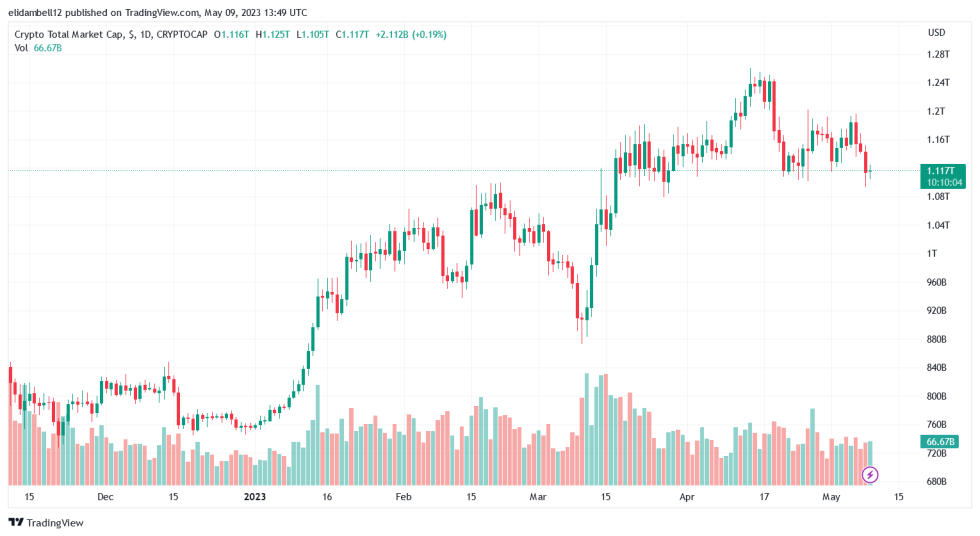
The number of crypto companies in Estonia has drastically dropped due to changes in regulatory laws. Recently, the country’s money laundering regulator, the Estonian Financial Intelligence Unit (FIU) released, introduced stringent regulatory checks that led to the voluntary shutdown of several crypto firms.
The regulator also withdrew some licenses from VASPs. The outcome of such a move is yet unknown, but it’ll filter out the crypto businesses from the country.
Estonia Implemented New Crypto Regulatory Rules
The FIU released a statement regarding the impact of amendments on some regulatory laws in March 2023. The amendment cut across Anti-Money Laundering (AML) and Terrorist Financing Prevention laws.
According to the statement, about 200 local crypto service providers have shut down voluntarily since March 15. Also, implementing the laws led to the revocation of the operational licenses of almost 200 firms.
Notably, the Estonian government toughened the expected compliance scope of virtual assets service providers (VASPs) through the laws. The expanded rules include increased licensing fees and capital and information reporting requirements. The crypto firms were expected to maintain huge capital reserves and legitimate links to Estonia.
Also, the amendment introduced the Financial Action Task Force Travel Rule and the FIU is responsible for implementing the laws.
Estonia is one of the countries in the world with a fierce focus on creating a stable and strong crypto regulatory regime. Its quest to maintain and enact effective AML rules has existed for several years.
The zeal intensified after the country discovered about $235 billion worth of capital laundered in 2018. The illegal deal involved Danske Bank, the Estonian branch of Denmark megabank.
Why The Estonian Regulator Revoked VASPs Licenses
In the latest statement, FIU Director Matis Maeker stated that they stumbled on shocking situations while renewing authorizations of some crypto companies. He noted that some of the suspicious situations suggest connections to illegal activities by some firms.
The majority of them have issues with misleading information about the company. Some executives in management boards lack the right knowledge, while some have falsified credentials. Also, some firms registered people as board members without the individuals being aware of such positions.

The regulator also saw several identical documentation among the companies. This means they copy and paste the same business plans from one another, or they use the same legal and professional service entities.
According to the director, these proofs came from the applications submitted by some VASPs that lost their licenses. Meanwhile, data from FIU disclosed that as of May 1, just about 100 active crypto companies are registered in Estonia.
Featured image from Wikipedia and chart from Tradingview.com


















